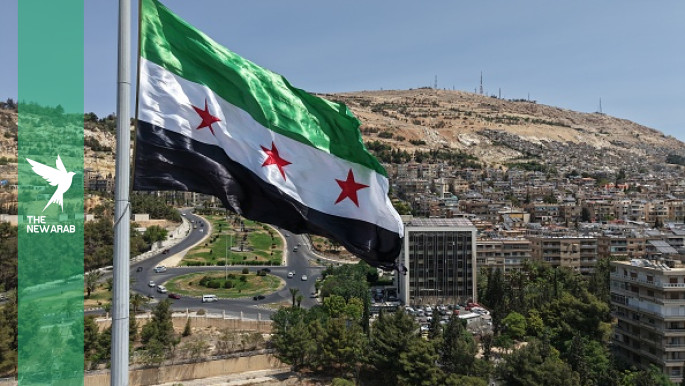The UN said more than seven million Syrians remained displaced inside the country [Getty]
One million Syrian refugees have returned from abroad since the fall of longtime ruler Bashar al-Assad last December, the United Nations said on Wednesday, urging more support to allow others to follow.
“In just nine months, one million Syrians have returned to their country following the fall of the Bashar al-Assad government on 8 December 2024,” the UN refugee agency said in a statement.
In addition, it said that another 1.8 million people who had been displaced inside the country during its nearly 14 years of civil war had also returned to their areas of origin.
While describing the mass returns as “a sign of the great hope and high expectations Syrians have following the political transition in the country”, UNHCR warned that those returning faced “immense challenges”.
“Destroyed homes and infrastructure, weak and damaged basic services, a lack of job opportunities, and volatile security are challenging people’s determination to return and recover,” it said.
The agency added that more than seven million Syrians remained displaced inside the country, with more than 4.5 million Syrian refugees still abroad.
“They have endured a lot of suffering in the past 14 years and the most vulnerable among them still need protection and assistance,” UNHCR chief Filippo Grandi said in the statement.
UNHCR pointed to a recent survey indicating that 80 percent of Syrian refugees in Jordan, Lebanon, Egypt and Iraq wish to go home one day, including 18 percent wanting to go within the next year.
But it stressed that sustained return and reintegration could only take place with more targeted investments in the areas of return.
“This is a rare opportunity to resolve one of the largest displacement crises in the world,” Grandi said.
Yet UNHCR lamented that funding to address the crisis was “dwindling”.
Inside Syria, UN agencies have said they received less than a quarter of what they need to provide aid this year, while receiving just 30 percent of the funding needed to address the wider Syria situation.
